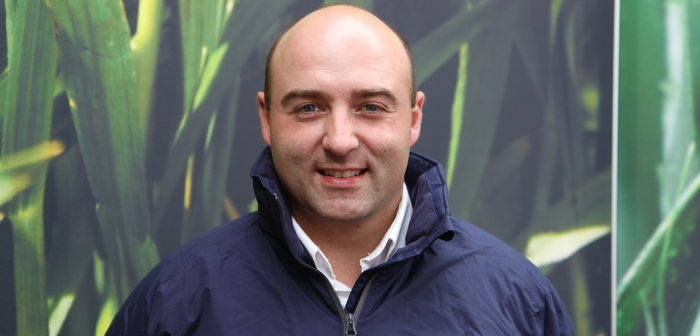Andy Steven, agronomist at Agrovista, explains that the recent cold spell coupled with wet soils has delayed ploughing in some areas.
“There’s still a lot of ground preparation to be done before planting starts in April, meaning a later start to planting is more likely, and any excess rainfall could also cause greater pressure on the crop,” he says.
“Patience and care are vital to ensure that soil preparation is done at the right time without creating compaction, either on the surface or deeper within the soil profile, which can then have an impact on yield.”
Mr Steven warns that if ploughing is delayed it is vital that seed deliveries arriving on farm are kept in good condition until the soil warms up.
“Be patient or you’ll be increasing the chance of delayed emergence. Look after the seed well before it’s taken to the field by ensuring it’s put in to clean boxes and stored at the appropriate temperature, otherwise humidity and condensation will breed disease,” he explains.
Morley Benson, Field Sales Manager at Certis, adds that protecting the crop against disease in-between taking delivery of the seed and planting is critical, in order to protect against soil borne risks.
“A tuber treatment such as Rhino DS can provide all-round protection of seed potatoes and offers defence against black scurf and Rhizoctonia,” he says.
He adds that what you put in at the beginning of the season, can help to maintain crop quality all the way up to harvest and storage.
“It’s important not to cut corners and to do everything possible to protect the quality of the crop, even at this early stage of the year.”




